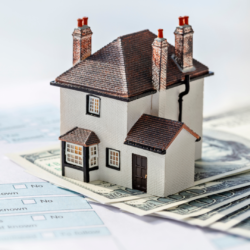Investing in Commercial Real Estate in Dallas: A Beginner’s Guide
Investing in Commercial Real Estate in Dallas: A Beginner’s Guide Dallas has long been a vibrant hub for real estate activity, with its strong economy, diverse population, and strategic location making it an attractive destination for investors, businesses, and residents alike. As we look ahead to the next decade, several key trends and developments are Read more about Investing in Commercial Real Estate in Dallas: A Beginner’s Guide[…]









